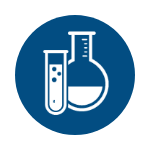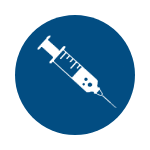In late 2019, NIH worked quickly to create and act on a plan to address the COVID-19 pandemic. We prioritized research to study SARS-CoV-2, the virus that causes COVID-19, and developed tests, treatments, and vaccines to detect, treat, and prevent the disease, including support for communities that were hardest hit by the pandemic.
Below, you can explore our research priorities and related initiatives, stories, and topics. For more detailed information, read the complete NIH-Wide Strategic Plan for COVID-19 Research.
COVID-19 Research Priorities
NIH’s response plan includes five strategic priorities to guide COVID-19 programs and research. Each priority fueled the creation of one or more initiatives, which harness NIH’s infrastructure to speed up research and foster collaboration with academic and private institutions.
Priority 1
Improve our knowledge about the disease
We lead and support research to better understand SARS-CoV-2 and the short- and long-term health effects of COVID-19.
Featured Initiatives
- Researching COVID to Enhance Recovery (RECOVER)
RECOVER research aims to understand how people recover from a COVID-19 infection, and why some people do not fully recover and develop Long COVID.
- Clinical Data Coordination Group
The Clinical Data Coordination Group works to align COVID-19 data efforts both inside and outside NIH and create a data coordination strategy.
- Pregnant and Lactating Women and Children
This initiative accelerates research related to the impact of COVID-19 on children and on people who are pregnant or nursing.
Featured Story
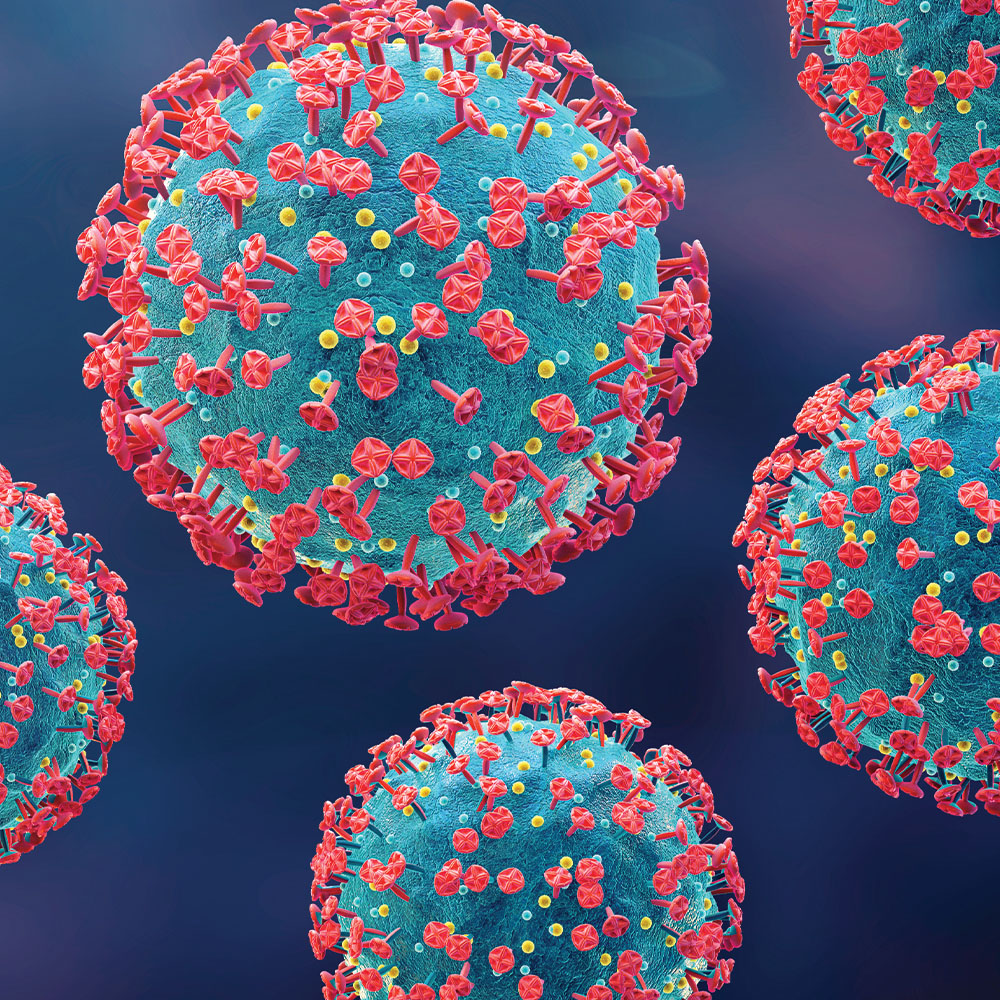
Researchers Identify Four Long COVID Categories
A study classifying Long COVID into four types can help health care providers better target treatments for a patient’s specific symptoms.
Keep ReadingPriority 2
Develop diagnostic tests
We support the development of new COVID-19 testing technology and develop strategies to quickly deliver tests to communities around the country.
Featured Initiative
Rapid Acceleration of Diagnostics (RADx®)
The RADx initiative speeds innovation in the development, commercialization, and implementation of COVID-19 testing technology.
Featured Story
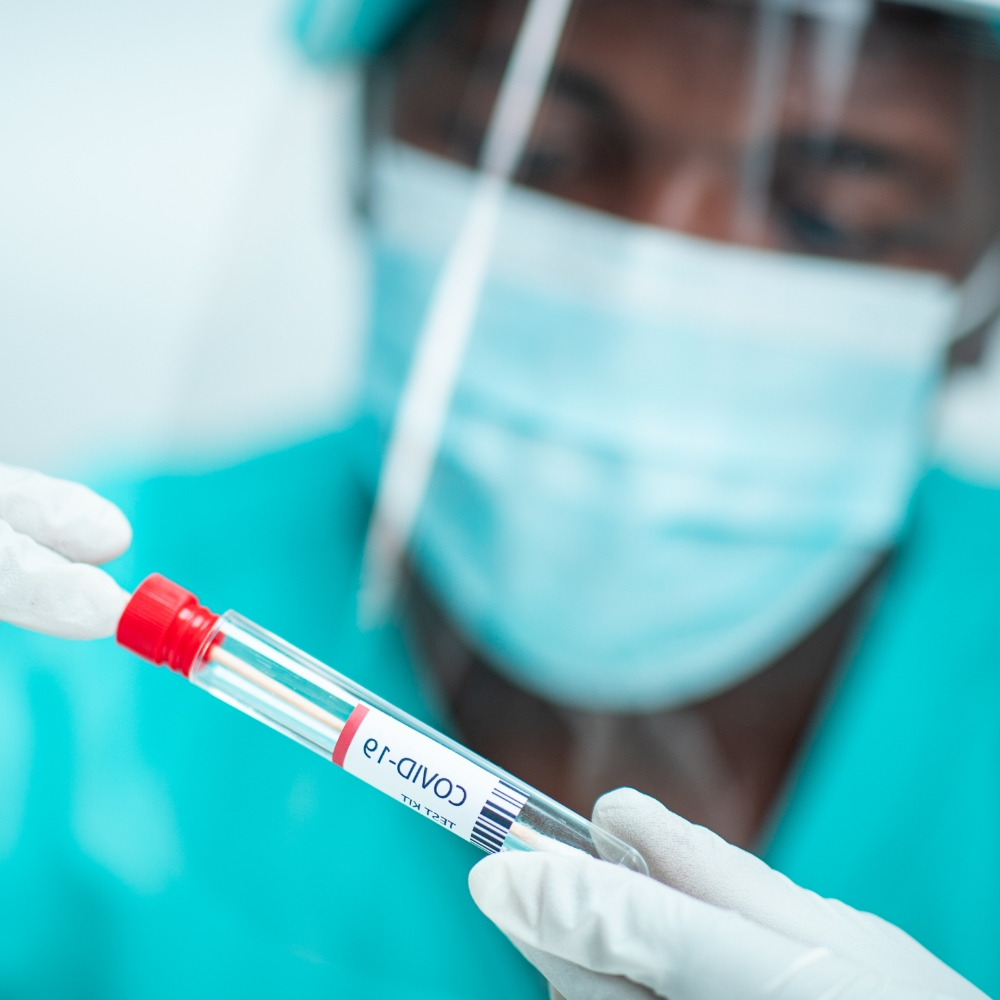
NIH Launches Telehealth COVID-19 Testing and Treatment Program
The Home Test to Treat initiative partners with health departments in high-risk communities to provide free COVID-19 testing and access to antiviral treatments.
Keep ReadingPriority 3
Discover and develop treatments
Our research identifies and tests new and existing treatments for COVID-19 and Long COVID.
Featured Initiative
Accelerating COVID-19 Therapeutic Interventions and Vaccines (ACTIV)
The ACTIV public-private partnership evaluates the most promising potential treatments for COVID-19.
Featured Story

Antiviral Treatment Reduces Likelihood of Severe Illness From Omicron
Researchers have found that Paxlovid is effective at preventing severe COVID-19 resulting from infection by the Omicron variant of SARS-CoV-2.
Keep ReadingPriority 4
Develop vaccines to improve protection and prevention
We played an important role in the early testing and development of several vaccines, including the Moderna mRNA vaccine, and we continue to support research to prevent the spread of infection.
Featured Initiative
Accelerating COVID-19 Therapeutic Interventions and Vaccines (ACTIV)
ACTIV has accelerated the clinical testing and evaluation of the most promising COVID-19 vaccines for approval.
Featured Story
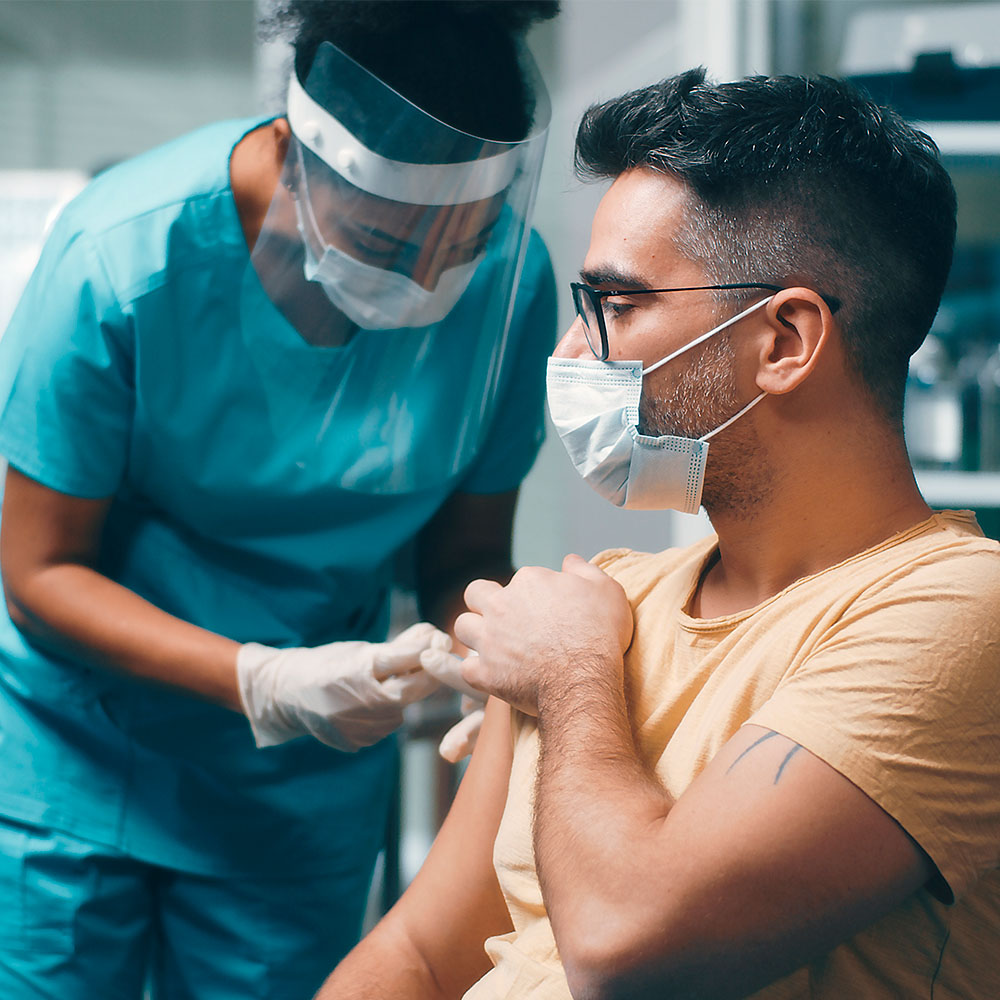
mRNA Vaccine Technology: A Promising Idea for Fighting HIV
Scientists are studying the potential of mRNA vaccines to fight other diseases, including other coronaviruses, malaria, influenza, and cancer.
Keep ReadingPriority 5
Understand the risk to and provide support for people at higher risk of infection
Our programs and research aim to help people at higher risk for infection, including immunocompromised people and people from underserved communities, to prevent and treat SARS-CoV-2 infection.
Featured Initiatives
- Community Engagement Alliance (CEAL) against COVID-19 Disparities
CEAL focuses on providing trustworthy information to the people hardest hit by the COVID-19 pandemic through active community engagement and outreach.
- Social, Behavioral, and Economic Health Impacts (SBE)
The SBE initiative is committed to reducing the impacts of COVID-19 on those most affected by the pandemic through data science and community and digital interventions.
Featured Story
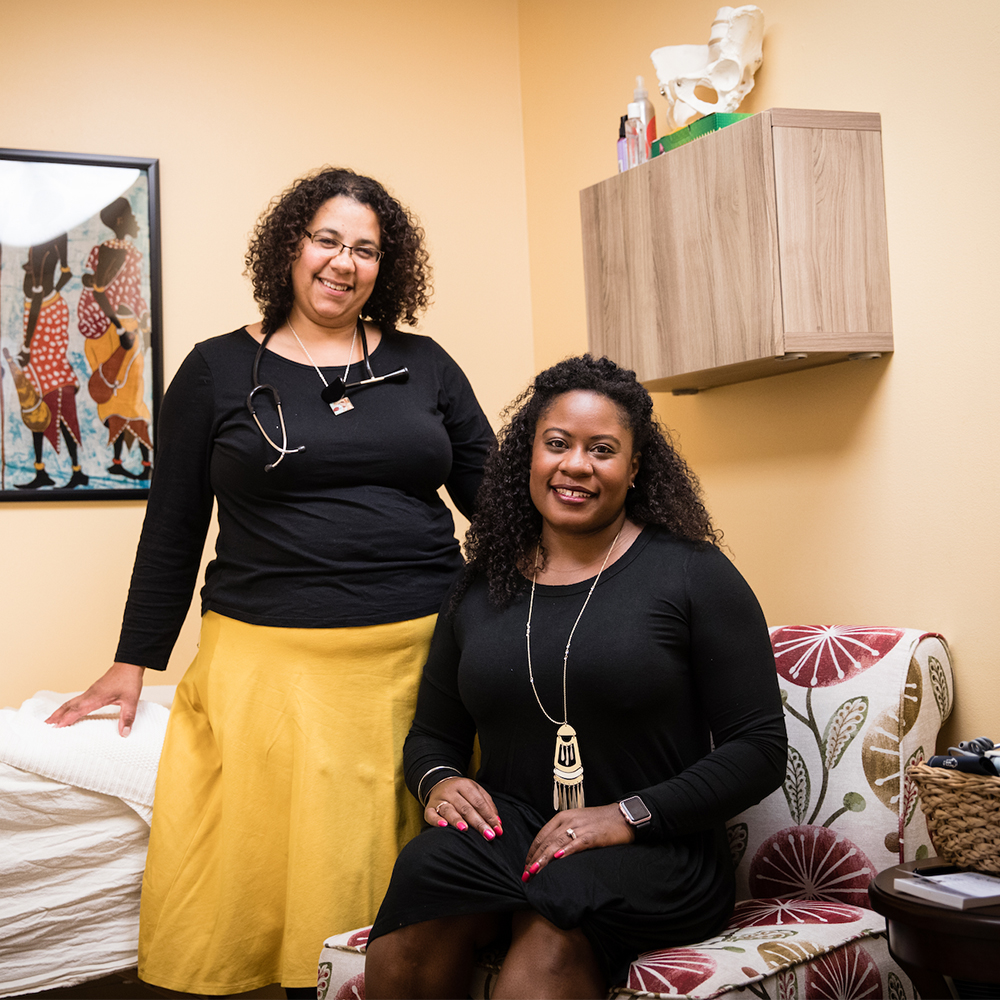
How COVID-19 and Community Violence Affect Mothers and Babies
A study supported by NIH investigates the toll of COVID-19 and police violence on pregnant people and babies in Black communities.
Keep Reading An official website of the United States government
An official website of the United States government

